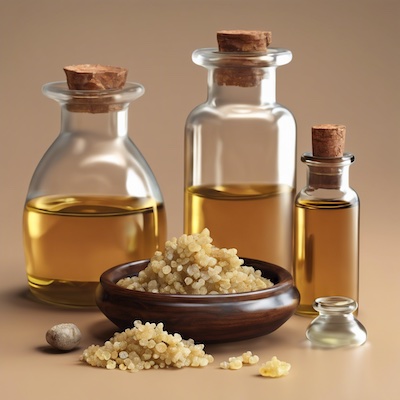Vitamin D is essential for healthy bones because it helps the body absorb calcium, a key component of bone. But since the bones in a joint meeting with the cartilage, vitamin D can affect osteoarthritis.
Mode of action
Researchers believe that the "resistance" of bones - and that is their ability to present activities in which they carry weight and other loads - can affect whether or not to worsen osteoarthritis (OA). Because people who suffer from osteoarthritis, and have "soft" bones - perhaps due to insufficient intake of vitamin D - OA may be a more difficult problem. Vitamin D also directly affects the cartilage, stimulating the cells that produce cartilage to do more.
Keeping all this in mind, researchers from the project "Framingham" decided to investigate whether vitamin D derived diet affect osteoarthritis. Our studies conducted by the same basic methods that were used prior to the study of antioxidants.
In addition to vitamin D from food, we synthesize our own vitamin D when our skin is exposed to sunlight (and artificial) ultraviolet rays - which is why he called the sunshine vitamin. So the researchers investigated not only the amount of vitamin D in the diet of participants, but, in order to gain a fuller insight into the presence of vitamins, measured levels of vitamin D in their blood.
Convincing evidence
For vitamin D was found to have an important impact on OA. People who consumed little vitamin D, and levels of serum they were low, had three times more likely to worsen their knee OA than those who had been taking large amounts of this vitamin, and had high levels of him. In addition, low levels of this vitamin in the serum were associated with deterioration of cartilage in the knee.
Conclusion
Evidence from the U.S. suggests that the maintenance of bone and cartilage healthy should take at least the recommended daily amount of vitamin D (5 mcg), which is the daily needs and in accordance with regulations of the EU recommended daily intake in the United States for persons older than 50 years is 10 mcg per day. You can increase your vitamin D levels over the exposing to the sun or taking a multivitamin containing vitamin D.
When vitamin D becomes toxic
Since vitamin D is soluble in fats, are not excreted quickly, and in human tissue can easily accumulate to toxic levels. Too much vitamin D can cause calcium deposition in the body, causing severe damage to the kidneys and cardiovascular system.
Play it safe by avoiding dietary supplements svitaminom D. It is a thin line between safe and toxic levels, and most of us get all the necessary vitamin D in just 10-15 minutes walk to the midday sun, twice or thrice a week.







